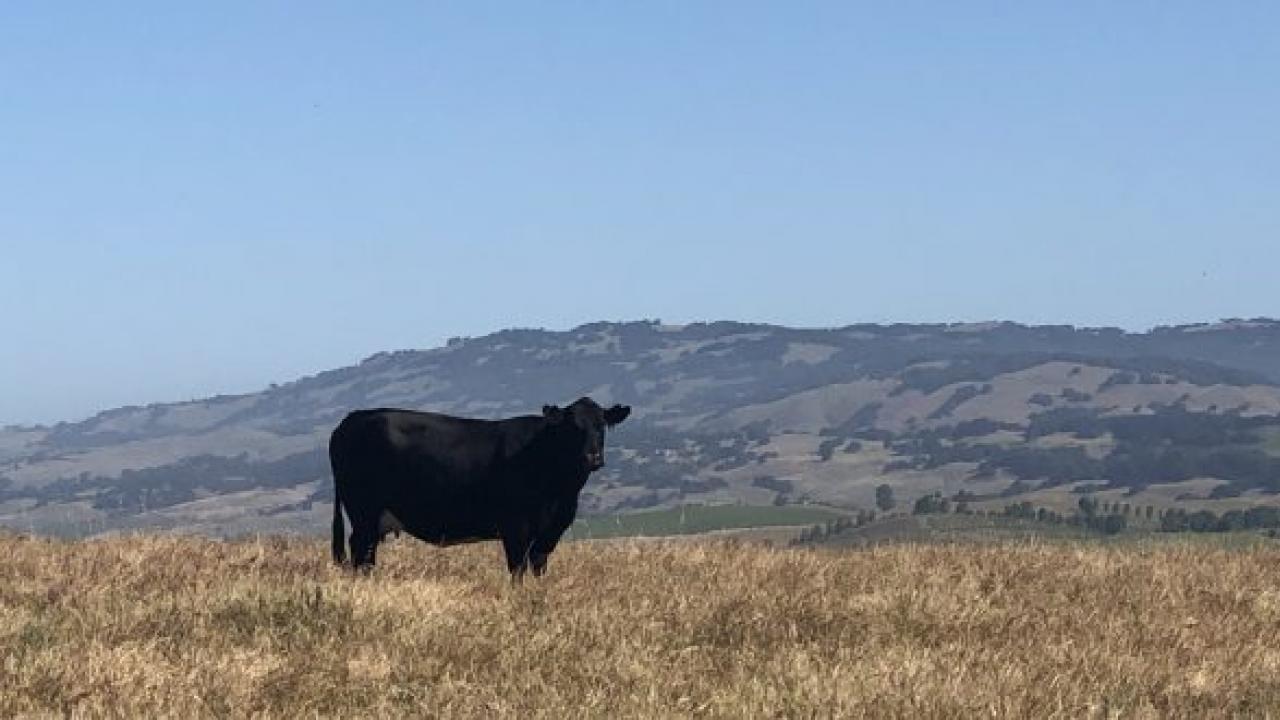
Partnerships needed for rangeland sustainability, UC Davis researchers find
It has been proposed that ecosystem service markets – an economic model that encourages ecological conservation and regeneration by establishing a supply-and-demand market for things like water and biodiversity – are the solution for sustainable food systems on rangelands. Despite this conceptual argument, these market types have failed to emerge.
In a recent paper, Leslie Roche, an associate cooperative extension specialist in the Department of Plant Sciences at the University of California, Davis, and Kenneth Tate, a professor of plant sciences and Russell L. Rustici Endowed Specialist in Cooperative Extension for Rangeland Watershed Science at UC Davis, investigated why ecosystem service markets have yet to take off amongst rangeland managers and ranchers. Tina Saitone, an associate cooperative extension specialist in the Department of Agricultural and Resource Economics at UC Davis, also worked on the project.
Using an interdisciplinary lens of fundamental economic underpinnings overlaid with a social survey and interviews of over 500 California cattle producers on their interest in supplying a free market, the researchers discovered a few key issues that have prevented ecosystem service markets from developing:
- Insufficient demand for non-bundled rangeland ecosystem services, such as clean water and habitat, that also cannot be bought and sold without government regulation
- Inefficiencies with the valuation of non-bundled goods and the difficulty of finding a trusted broker
Additionally, they found that 85 percent of interviewees considered the possibility of government regulation in an ecosystem service market to be the biggest threat to the sustainability of their operation. Only 42 percent of those interviewed expressed an interest in supporting this type of market, even if there was little to no government regulation involved.
True social, economic, and ecological sustainability on working rangelands, the researchers argue, requires broader partnerships between livestock producers and society than just markets. Taking a holistic approach that enhances the existing relationships between livestock producers, consumers, and the broader society is the path forward to sustainably intensify rangeland food production systems while conserving all aspects of these working landscapes and dependent communities.
(Article adapted from the original by UC Rangelands)
